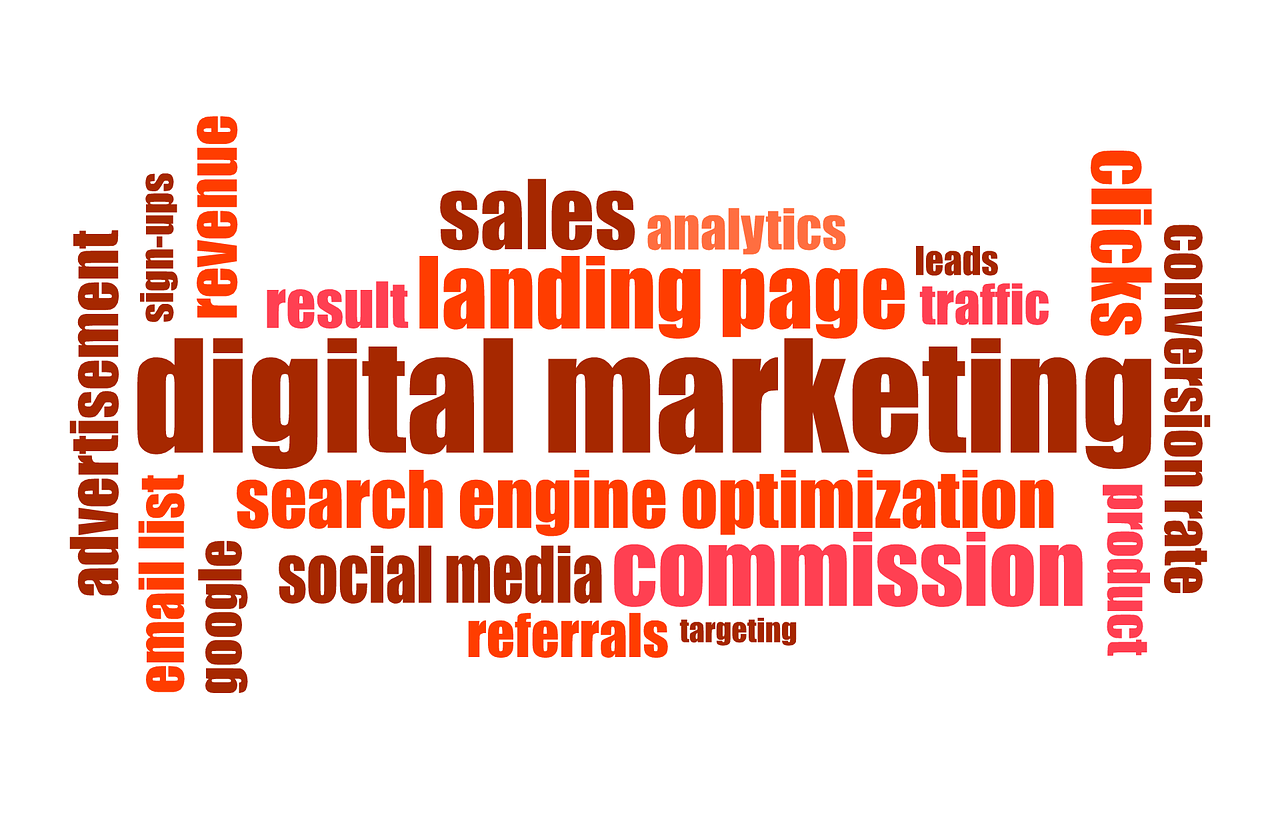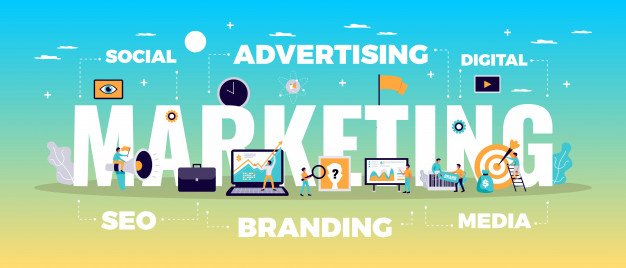Selling art is always a challenge. You have to find ways to bring it to the attention of interested buyers. This involves working with agents, having big galleries to display your art, and so on. However, with the explosive growth of the web and the online market, artists now have more choices when it comes to promoting their work.
How to Sell Your Art Online :
You now have many different ways to provide exposure to your art online and find buyers. From online art galleries to creating your own website to sell your art, to promote your work through social media, there are many options.
1. Online Art Galleries :
The best way to sell art is to get people to see it. Sign-up with a good online art gallery that provides good exposure and if they sell your art, you should get the major share of the sale price. You have to spend some time doing research to find good ones.
The best online art galleries do not just display your work. They also curate your work and help you promote your work and to connect with other artists, and buyers, and collectors. Your art will be displayed well in the gallery in the relevant categories. Potential buyers can narrow down the results by filters like the subject, style, medium, etc.
2. Sell Through Specialized Art Marketplaces :
Websites like Etsy, ArtFire, etc. focus on providing a marketplace for artists and for handcrafted work. On these websites, you can connect with other artists and artisans, show-off your work, and also get the opportunity to sell them.
3. Popular Shops and Auction Sites :
While you are exploring your options, don’t forget websites like Amazon and eBay. Yes, they deal with a lot of different products. But they also let you reach millions of people across the world. To sell your art through these sites, you have to make sure that you promote your product links on social media, ads, and other means.
4. Build Your Own Website :
There are now many ways to get your own online store with minimal investment. You can try TicTail, SquareSpace, or an eCommerce platform like Shopify. You can choose web templates to make sure your website looks good. Choose templates that are ideal for displaying art. Build your website and start promoting it to get visitors to your site who may become buyers.
5. Sell Through Social Media :
Use social media websites like Facebook to promote and sell your art. However, for social media to be an effective marketing tool, you need to establish yourself as a person worth following. You need to build your personal profile, connect with other people, respond to other people’s posts, contribute useful content in communities, and so on. You can begin talking about your work and try to generate interest in it.
Tweet about any sales you made or a new painting you added to an online gallery etc. on Twitter. Use Facebook well. Create a business page on Facebook and post interesting content about your art, show off your work. You can even set up shop on Facebook and sell on it.
6. Print-On-Demand Websites :
With print-on-demand websites, you can get exposure to your artwork in many ways. You can sell prints of your work. You can have your art printed on several merchandise like shirts, coffee mugs, smartphone cases, and so on. This will create an awareness of your work and also provide a stream of income for you, letting you concentrate on creating more art and saving the funds to promote them in traditional ways.
7. Create Photobooks :
Take professional photographs of your artwork and then select a few to create a beautiful photo book of your art. Use a service like a Blurb which lets you create stunning photo books. Blurb has partnered with Amazon so you can easily sell your photo books directly on Amazon.
8. Use Instagram :
Instagram is an image sharing site. Take snaps of a few of your paintings or other artwork and share it. Use Instagram to create awareness about your art, your style, the media you use, and so on.
9. Make Use of Stock Art Sites :
Select a few of your art that you feel are good but you can afford to give away to get more exposure to your work. Create a profile for yourself on sites like Shutterstock that tell a little about your work and your style. Upload good images of your art and let people use it for other derivative works. This can give more exposure to your art and people who use your images can share your image or your whole portfolio with others on social media, spreading the word.
10. Promote Your Art Through Occasional Giveaways :
Everyone likes to get something for free, and if it is an original piece of art, that adds more value to the prize. Choose a small painting or illustration that is good but one you don’t mind giving away. Choose a picture or handicraft with size and weight that won’t cost too much to send to the winner.
To ensure that you get entries for the giveaway from people who are interested in the work, ask them for instance, to write about why they would like to win the prize. Make it easy for them to share the giveaway page on social media.
The internet has opened up so many ways to promote your art and sell it, through your own website, through online galleries, through social media, by organizing promotional events like a giveaway. Explore your options and use as many as you can to create a buzz about your work and finding buyers for it.
Read Also :





























